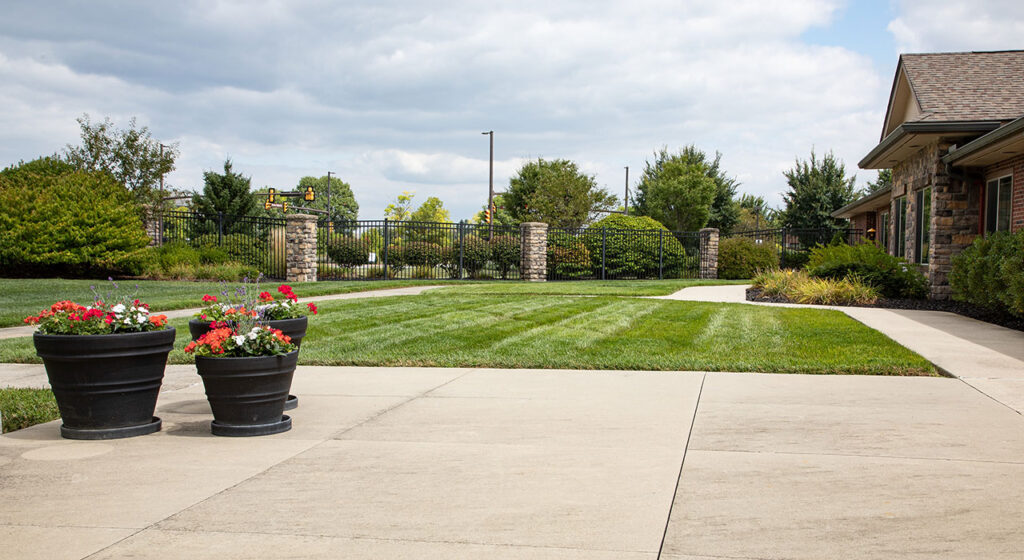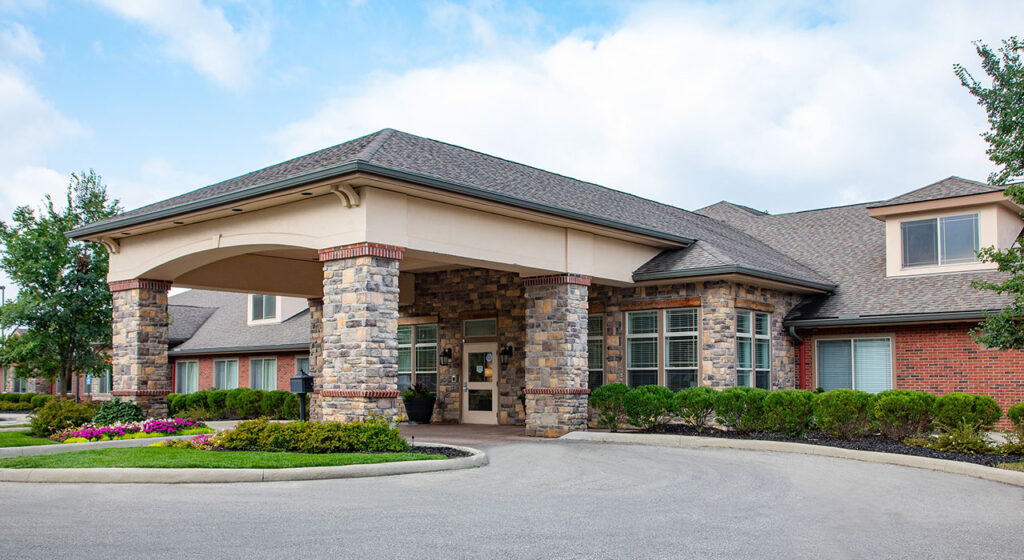Receiving a dementia diagnosis for a loved one can be a life-altering moment, filled with emotions and uncertainty. Whether you’re in the Columbus area or elsewhere, taking proactive steps can provide clarity and comfort during this challenging time. With the right approach and resources, you can help your family member live a safe and meaningful life while finding support for yourself along the way.
Step 1: Learn About the Diagnosis
Dementia is a general term for cognitive decline that can interfere with daily life. Common types include Alzheimer’s disease, vascular dementia, and Lewy body dementia, each with unique symptoms and progression. After the diagnosis, it’s important to gather information about what to expect and how to best support your loved one.
Where to Start:
- Ask the questions: Clarify the type of dementia, its expected progression, and treatment options.
- Research the condition: Reliable online resources, books, and organizations can provide a wealth of knowledge.
Understanding the diagnosis is the foundation for making informed decisions.
Step 2: Have Open Conversations
While it’s difficult to discuss a dementia diagnosis, clear and compassionate communication is essential. In the early stages, your loved one may still participate in conversations about their care and preferences, but as the condition progresses, you may need to rely on non-verbal cues to understand their needs.
Communication Tips:
- Use simple, clear language.
- Stay calm and patient — avoid correcting them when memories or facts are unclear.
- Focus on maintaining a positive and supportive tone.
By fostering open dialogue, you can create an environment of trust and understanding.
Step 3: Build a Support System
Caring for a loved one with dementia is not a journey you should take alone. A strong support network can help you manage the emotional, physical, and logistical challenges that may arise.
Local Resources in the Columbus Area:
- Caregiver support groups: Connecting with others who understand your experience can provide relief and advice.
- Community services: Adult day care, transportation assistance, and meal delivery can ease caregiving responsibilities.
- Memory care communities: Facilities like Dublin Glenn offer specialized care for individuals with dementia.
Don’t hesitate to reach out for help — having a network of support will make all the difference.
Step 4: Address Safety and Daily Needs
As dementia progresses, safety concerns and day-to-day care become priorities. Regularly assess your loved one’s environment and routines to ensure they are safe and comfortable.
Areas to Consider:
- Home modifications: Install grab bars, remove tripping hazards, and ensure proper lighting.
- Health and nutrition: Maintain a well-balanced diet and ensure they stay hydrated.
- Medication management: Use reminders or pill organizers to help with adherence.
A safe and stable environment can reduce stress for both you and your loved one.
Step 5: Plan for the Future
It’s never too early to plan for the financial and legal aspects of care. Dementia care can be costly, and planning ahead will ease the burden later on.
Steps to Take:
- Establish power of attorney: This allows someone you trust to make decisions if your loved one becomes unable to.
- Explore financial resources: Look into Medicare, Medicaid, and veterans’ benefits.
- Discuss long-term care options: Memory care facilities like Dublin Glenn provide specialized care tailored to dementia patients.
Proactive planning gives you peace of mind and ensures your loved one’s needs are met.
Step 6: Care for Yourself
Supporting someone with dementia can be physically and emotionally demanding. Taking care of your own well-being is essential for maintaining the energy and resilience needed to be there for your loved one.
Self-Care Tips:
- Take breaks: Use respite care services or lean on family members for help.
- Stay healthy: Exercise, eat nutritious meals, and prioritize sleep.
- Seek support: Therapy, support groups, or trusted friends can provide a safe space to process your emotions.
Remember, you can’t pour from an empty cup — self-care is an important part of caregiving.
Step 7: Consider Memory Care
While you may want to care for your loved one at home, dementia often progresses to a point where professional care is necessary. Memory care communities, like Dublin Glenn, provide a safe and structured environment tailored to individuals with dementia.
Benefits of Memory Care:
- Specialized staff trained to handle dementia-related behaviors.
- Secure environments to reduce the risk of wandering.
- Activities designed to stimulate memory and promote emotional well-being.
Transitioning to memory care can be a difficult decision, but it ensures your loved one receives the professional support they need while giving you peace of mind.
Conclusion
A dementia diagnosis marks the start of a new chapter, but you don’t have to face it alone. By educating yourself, building a support system, and planning ahead, you can provide the best care for your loved one and create a more manageable path forward.For families in the Columbus area, Dublin Glenn is here to support you every step of the way. Our memory care community is dedicated to providing compassionate care tailored to the unique needs of individuals with dementia. Contact us today to learn more or schedule a tour.






